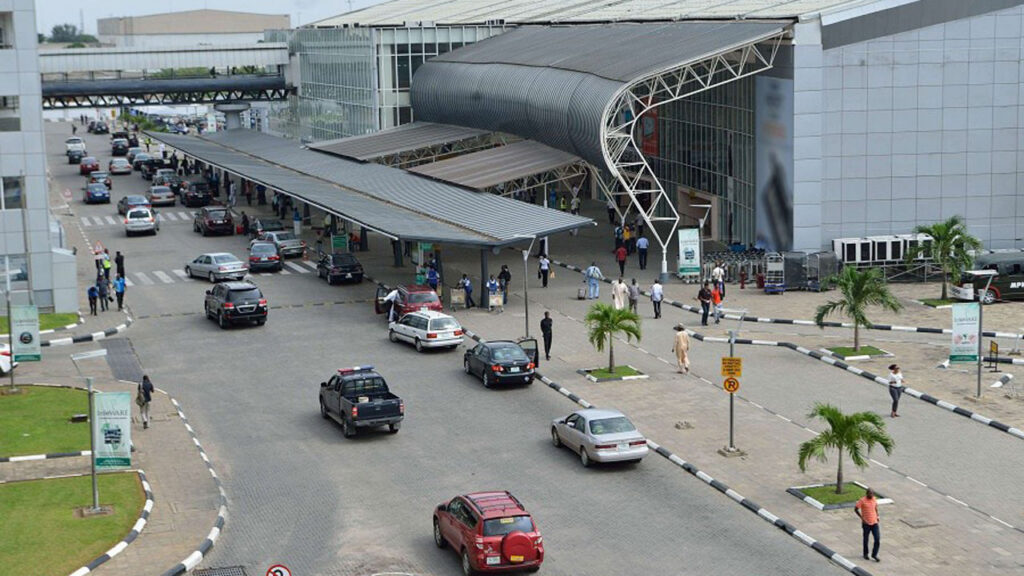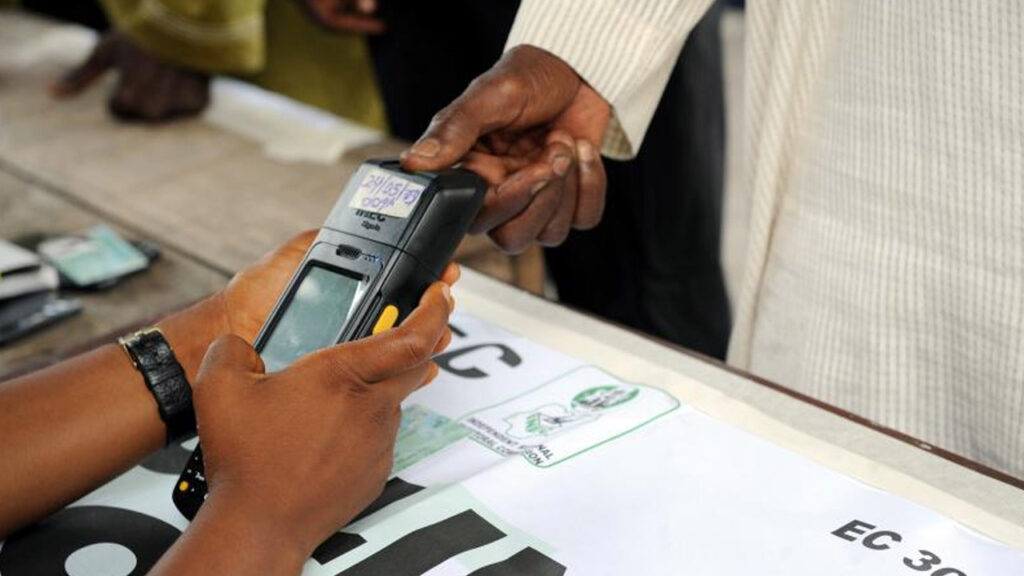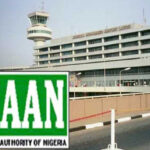The Murtala Muhammad Airport Terminal II (MMA2) in Lagos is a metaphor for both the good and ill of the troubled aviation sector in Nigeria, if not the societal rot in general. On one hand, the efficient facility and its successes in the last 17 years signpost the best of home-grown capacity to build and effectively run a modern airport infrastructure, which is a rarity in this part of the world. But on the other, it sits on a foundational owner-landlord rancour that has hobbled its capacity to operate at full potential.
It is a shame that this laudable public-private partnership venture – a selling point to the rest of the world – has become its own enemy and scarecrow to genuine partnerships both in air transport and other public ventures. The fiasco should not drag on further if the parties are sincere.
Like many great ventures that turn sour, the MMA2 venture between the owner, Bi-Courtney Aviation Services Limited (BASL), and the Federal Airports Authority of Nigeria (FAAN), started with the best of intentions in 2003 after fire razed the old terminal. The then administration of President Olusegun Obasanjo deemed it wise to hand the reconstruction over to the private sector under the Built-Operate-and-Transfer (BOT) partnership model, and the lot later fell on BASL – not without the drama of its own.
Conflicts of interest ensued on what to build, between a tent-like terminal and a real building that is currently in place. That segued into the year of statutory operation – between 12 years for FAAN and 36 for BASL – before it is transferred to FAAN. It was in the middle of that confusion that the facility opened to flight operations on May 7, 2007, with more infighting between BASL and FAAN. The parties tampered with earlier agreements on royalties, exclusive rights to domestic operations and the construction of a General Aviation Terminal (GAT) to rival the MMA2. Litigation battles have been fought and decided in favour of BASL, with a handsome fine awarded against FAAN. To date, it has not resolved the logjam.
The behind-the-scene corporate battles of MMA2 will make a good read or a Nollywood movie. Yet, it is a blight on modern business partnerships in general, and for which the country is the major loser. What the public can see is a facility that has blossomed despite its predicament and a testament to the resilience of the investors and the operating company. Prior to the addition of the four new international terminals in Lagos, Abuja, Port Harcourt and Kano, MMA2 was for several years adjudged the best terminal in Nigeria.
To date, none of the other domestic airports can rival its efficient operation and unparalleled 360-degree customer experience both for travellers and the non-travelling general public. From one airline at the beginning, it currently hosts 10 domestic carriers, 90 businesses, and over 10,000 daily guests in a convivial atmosphere. That it continues to set the pace for what a modern airport should look like is a credit to Dr Wale Babalakin and his team.
Yet, in the last 17 years, the facility has been grossly underutilised. About one-third of that facility – ab initio dedicated and fully equipped for regional operations – has never been occupied. The safety and security of operating regionally from that domestic terminal has been another sticky subject between BASL and the Nigeria Civil Aviation Authority (NCAA) for at least a decade. But currently locked away are potential increases in transit revenue, job opportunities, and better regional connectivity.
All put together, the inability of FAAN and BASL to leverage fully on MMA2 and its huge potential is bad optics for the air transport business in Nigeria. The twists and turns of a supposedly noble venture not only upset the premier PPP model in the local air transport sector, but it actually mirrors the country as lacking in fidelity to agreements and incapable of conflict resolution. That is a shame on everyone who has headed FAAN and BASL in the last 17 years.
It is also a bigger shame on the last administration and the last Ministry of Aviation that still went on with the plan to concession the four major international airports without rekindled efforts to clear the mess around MMA2. From the economic point of view, BASL has shown the depth of indigenous capacity to own and operate world-class infrastructures successfully, and such local investors should have been supported, not discouraged, to do more for the growth of the industry.
But for political and selfish reasons, the parties all connived and succeeded at telling the world that the country’s handlers could not be trusted with keeping an agreement and would play the bad loser at slight provocation.
Regrettably, the entire aviation sector is a big bad joke. Here, the rot engendered by charlatans stinks to high heaven. It ranges from acquiring loans to build a state-of-the-art international terminal without consideration of a parking lot for aircraft, launch of a new national carrier that never was, numerous dodgy concessions and private buildings on airport lands, one-too-many unviable airports with the craze to build more, domestic airlines marketing and selling routes that they cannot operate, a ministry that cannot differentiate between policy direction and regulatory cum operational meddlesomeness, coupled with a minister that showcases every private meeting as a sectoral achievement – akin to hustling for bottom-of-the-barrel semblance of performance in office.
Yet, the case of MMA2 is clear-cut and a low-hanging fruit for the so-called ‘master’ of the law and transformer of the aviation sector. Resolving that conundrum is a real achievement that will not warrant a horde of paid publicists to hawk in the media space.
As a global standard, crisis is not a distraction for the business of governance. Crisis itself is the business of governance, and the current handlers should see to this. Chairman of BASL, Dr Babalakin is a first-class smart lawyer who can rarely be floored from the point of law. However, this protracted crisis has shown the need for more than a legal solution.
It is neither in the interest of BASL nor FAAN that mutually beneficial compromises have not been reached and executed. Tellingly, this is an issue two or three sincere people with good conscience can sit down to resolve and earn the country a good reputation. The result promises to be a win-win for all.












